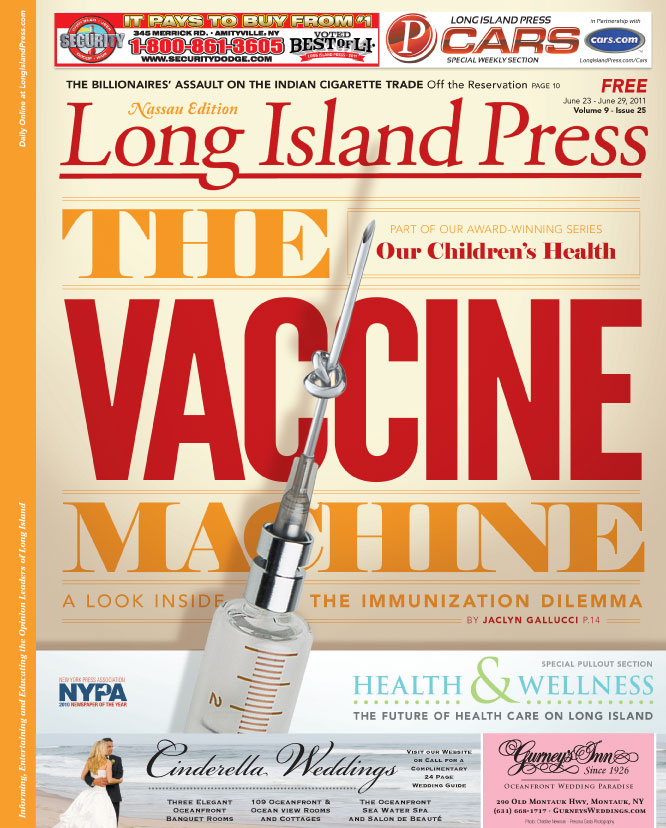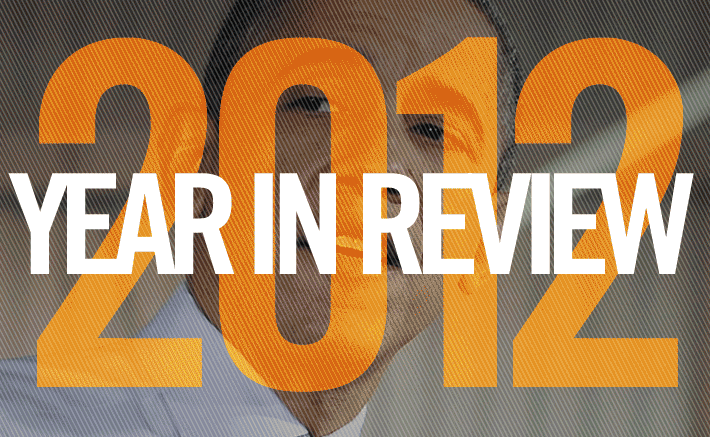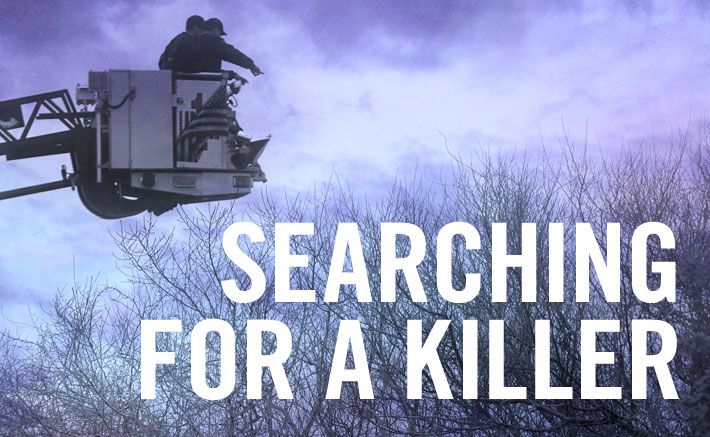
…AND THE LAW WON (FOR NOW)
On Feb. 2, 2010, the British Medical journal Lancet retracted Wakefield’s influential peer-reviewed 1998 study, which first linked vaccines with autism, claiming the study had failed to have its child subjects approved by an ethics committee. The journal called it “an elaborate fraud.” Wakefield had his medical license revoked three months later for “serious professional misconduct” stemming from the retracted study.
Wakefield contends that the investigation of his work is part of a conspiracy to “discredit and silence his research” in order to “shield the government from exposure on the vaccine scandal” and “to crush any attempt to investigate valid vaccine safety concerns.”
It may sound far-fetched, but looking a little closer, some believe that theory isn’t all that unbelievable.
Thirty years ago, the vaccine market consisted of 35 vaccine manufacturers in the United States. Today, nearly all vaccines on the worldwide market are produced by just a handful of pharmaceutical companies: GlaxoSmithKline, Merck, Novartis, Sanofi Pasteur, Pfizer and Wyeth.
With the passing of the 1986 Vaccine Injury Act, which protects vaccine manufacturers against liability, these companies have gone on to create new vaccines with catchy ad campaigns like Gardasil’s “One Less” slogan.
Right now strep throat vaccines are also being tested, and Merck’s relatively new chickenpox vaccine (varicella) has already been added to the CDC-recommended childhood vaccine schedule, which some claim is no coincidence.
“The American Academy of Pediatrics, a major supporter of mandatory chickenpox and other vaccine mandates across the country, shares incestuous financial ties with Merck,” says Kristine M. Severyn, PhD, a registered pharmacist, in an editorial to the Association of American Physicians and Surgeons. “Profitable well-baby visits are timed to coincide with vaccination schedules established by the AAP and the CDC… The Advisory Committee on Immunization Practices, a group of individuals hand-picked by the CDC, recommends which vaccines are administered to American children…Federal vaccine funds can be denied to states which do not ‘vigorously enforce’ mandatory vaccination laws. Conversely, the CDC offers financial bounties to state departments of health for each ‘fully-vaccinated’ child.”
Adding further proof of the close-knit relationship between Big Pharma and government agencies, CDC director Julie Gerberding was hired by Merck in 2010 to head its vaccine division—one year after she left the post of CDC director, the minimum waiting time for taking a position with a CDC-regulated business.
“She will be responsible for the commercialization of the current portfolio of vaccines, planning for the introduction of vaccines from the company’s robust vaccine pipeline, and accelerating Merck’s ongoing efforts to broaden access to its vaccines in the developing world,” the 2009 announcement reads.
Merck currently markets at least 12 of the CDC-recommended vaccines, as well as Gardasil.
And if there is any doubt that vaccines are big business, three major vaccination manufacturers made the Fortune 500 list in 2011. Pfizer came in at #31, with a profit of $8.2 billion for the previous year, Merck at #53 with a profit of $861 million, and Eli Lilly at #115 with profits of $5.1 billion.
While neither these relationships nor profits negate the value of vaccinations—nor do either of these things prove immunization dangerous—they do raise the question that, in the event there is something to hide, is it being directly covered up or are these companies and government merely not seeking answers to questions they don’t want answers to?
Actress and autism advocate Jennifer McCarthy defended Wakefield in a blog post in January, asking, “Why does one journalist’s accusations against Dr. Wakefield now mean the vaccine-autism debate is over?”
“I know children regress after vaccination because it happened to my own son,” she continued. “Why aren’t there any tests out there on the safety of how vaccines are administered in the real world, six at a time? Why have only two of the 36 shots our kids receive been looked at for their relationship to autism?”
The federal government continues to be the largest buyer of vaccines in the country, administering these vaccines through government-funded public immunization programs that provide millions of vaccines to babies each year.
On Aug. 27, 2010 the U.S. Court of Appeals for the Federal Circuit ruled once again that there is no link between vaccination and autism in the case of Cedillo v. Secretary of Health and Human Services. The decision upheld two earlier rulings stating the same thing.
On Feb. 22, 2011, the U.S. Supreme Court ruled in the case of Bruesewitz v. Wyeth that vaccine-injury claims must continue to be filed with the U.S. Court of Federal Claims set up under the National Childhood Vaccine Injury Act of 1986, and cannot be filed directly against physicians or vaccine manufacturers in civil court.
Vaccine opponents have very few options—barring a medical or religious exemption—if they want their children to attend school. But they can consider an alternative vaccination schedule and postpone required shots until their children are more developed.
Dr. Salk’s last years were spent searching for a vaccine against HIV. Today those studies continue, but so do studies for vaccines against much less serious illnesses like strep throat, leaving many to not only wonder how big the risks are but, at what point do we draw the line? And who will draw it?
“If the State can tag, track down and force citizens against their will to be injected with biologicals of known and unknown toxicity today, there will be no limit on which individual freedoms the State can take away in the name of the greater good tomorrow,” says Fisher.
But the ACIP insists that foregoing scheduled immunizations is a coin toss.
“If you decide not to immunize your child, you put your child at risk,” states the ACIP. “You need to get all the scientific facts from a medical professional you can trust before making any decisions based on stories you may have seen or heard on TV, the Internet, or from other parents.”
Vaccine critic Dr. T.B. Allison said more than a century ago, in an 1883 conference on vaccination safety, that doctors, as a rule, believe in vaccination because they know no other way. Right, wrong or somewhere in between, it’s what they have been taught.
“Be fair, therefore, to the doctors, and ask yourselves whether you would not believe as they do, and act as they do, if your training and interest coincided with theirs,” the doctor said. “We believe our teachers. I never heard of anti-vaccinators except as fools and fanatics, whose existence was marvelous. My aim has been to show that you have a powerful body to fight in the medical profession. We cannot be stirred without great effort. We are a kind of Juggernaut; we have to be dragged; we will not go. Let each one take his doctor, or, if he be so fortunate as not to need one, the doctor who lives nearest to him, and try and instruct him. Send him the literature of the subject; he may not read it—but he may.”







